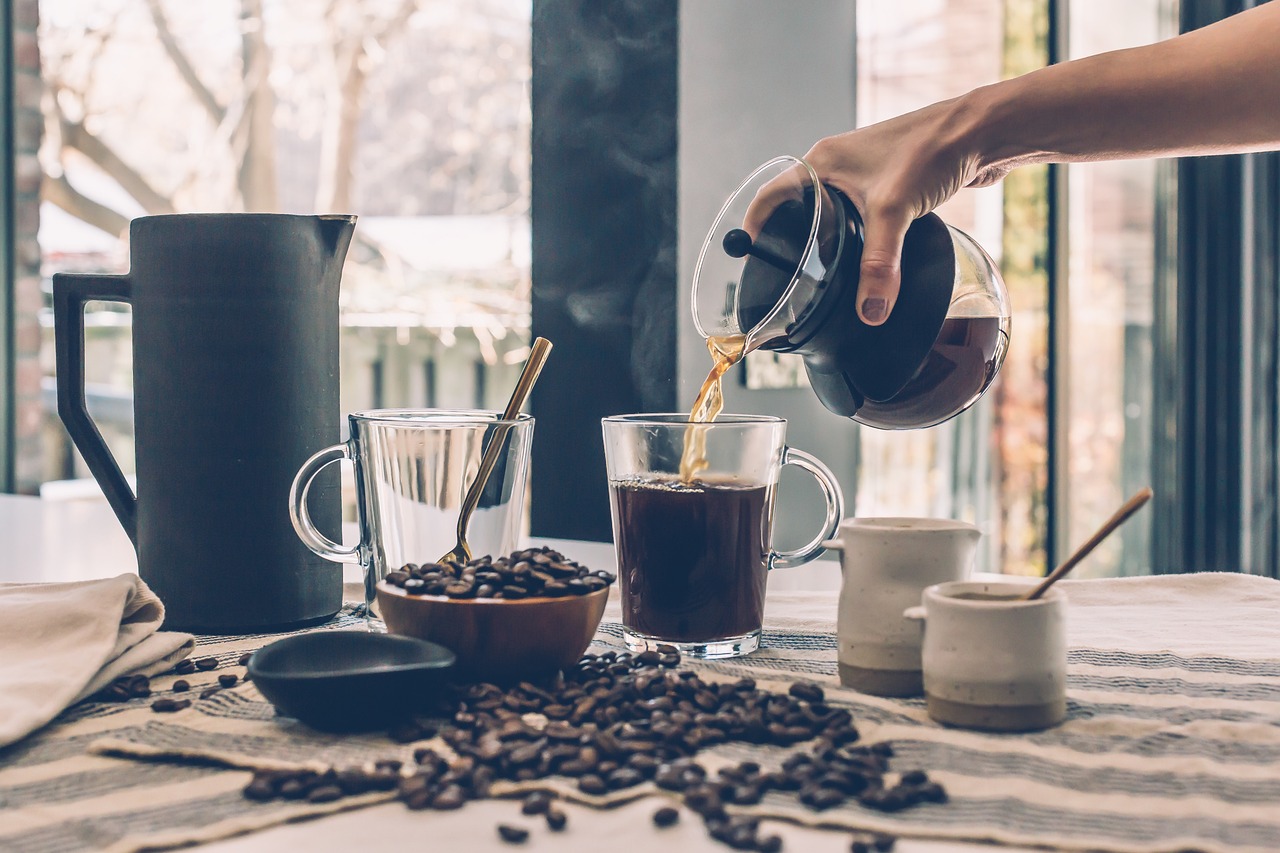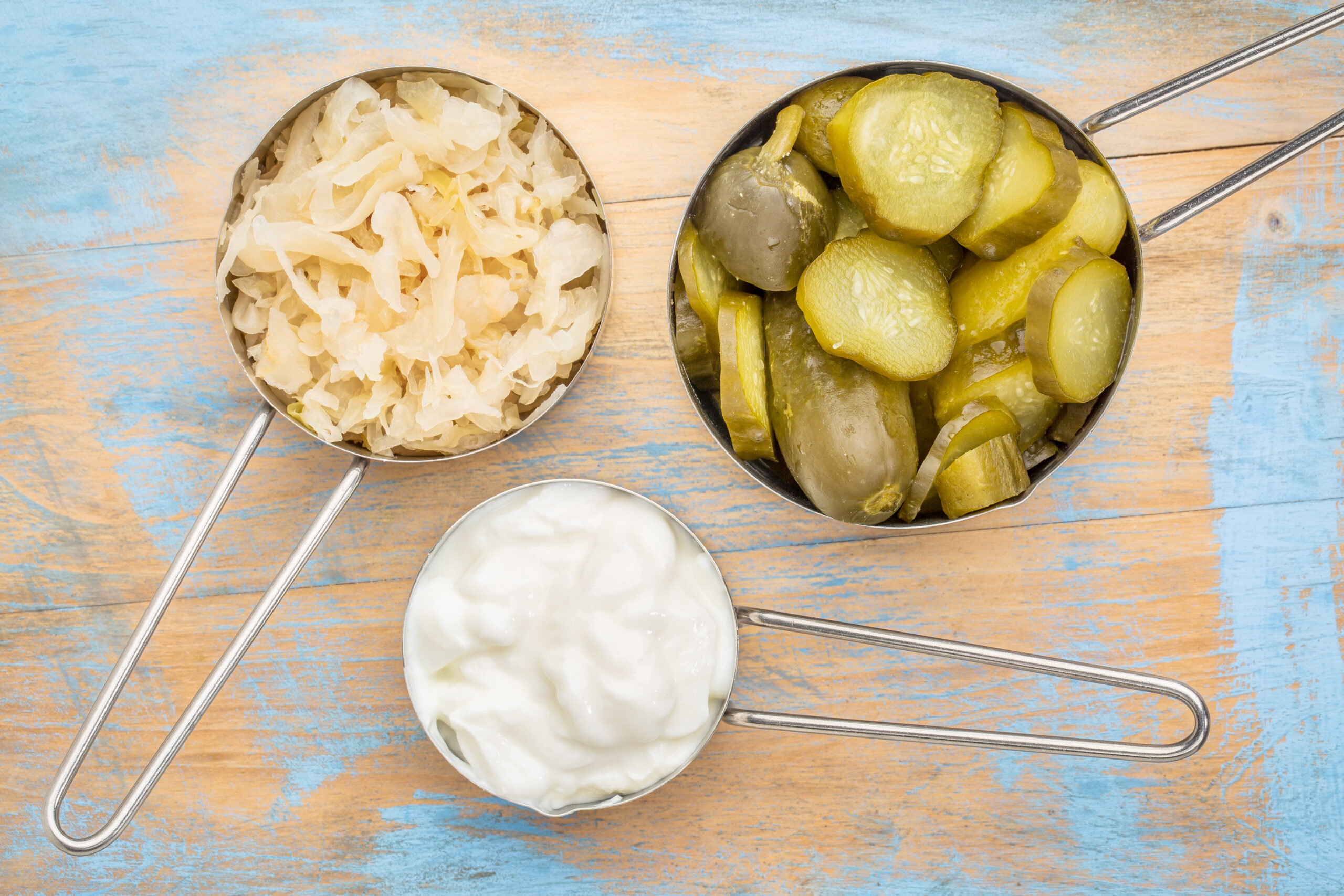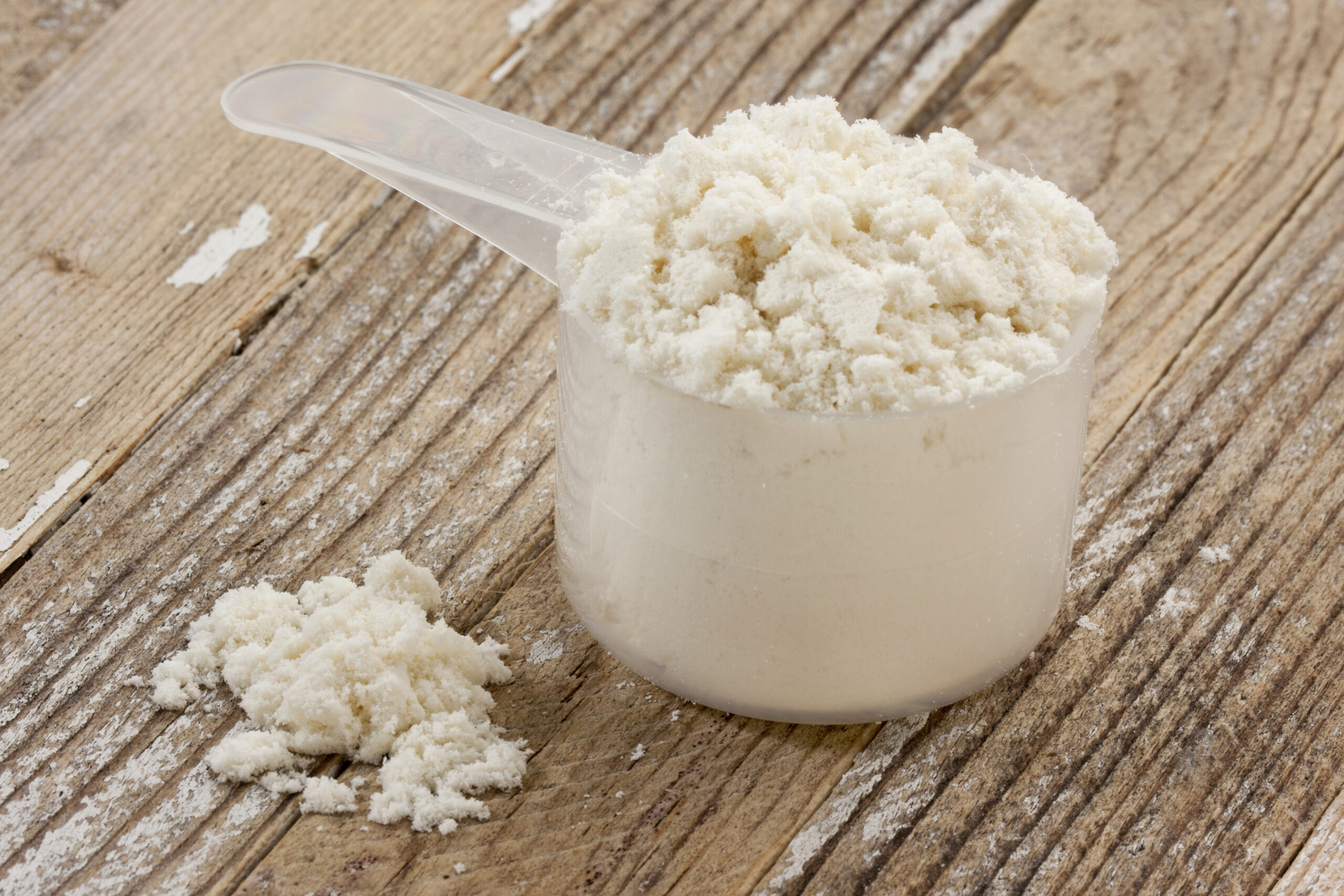You love your morning coffee. Maybe even your mid-morning coffee. And if you’re being honest, there’s probably an afternoon cup in there too. For many, a caffeine fix is something to look forward in a dreary workday. It is part ritual, part productivity tool, and depending on your brew (think coffee or green tea), possibly packed with antioxidants and other benefits.
But if your sleep has been suffering lately, it might be time to rethink your caffeine strategy. That’s not to say give it up in entirely but it poses a big question: Can you enjoy caffeine without ruining your sleep?
The answer is yes, but only if you understand how caffeine works, how long it lingers in your body, and how to use it wisely.
In this article, we’ll cover what caffeine does, how it affects sleep and skin, and the smart ways to strike a balance.
What Does Caffeine Actually Do?
Caffeine doesn’t technically “give” you energy—it blocks adenosine, the neurotransmitter responsible for building up sleep pressure throughout the day. When adenosine is blocked, you feel more alert, more focused, and less tired. But once the caffeine wears off, adenosine rushes back in, sometimes all at once. That’s when you crash.
Think of it like putting duct tape over a flashing check-engine light. The problem hasn’t gone away, it’s just harder to notice.
Caffeine’s Half-Life: Why Timing Matters
Caffeine has a half-life of about 5 to 6 hours, which means if you drink a coffee at 2 p.m., around half of it is still in your system by 8 p.m. Depending on your genetics, age, liver function, and other factors, the half-life could range anywhere from 3 to 10 hours.
And here’s the kicker: even if you proudly boost about how you can fall asleep after a late evening coffee, that doesn’t mean it’s not affecting you. Caffeine doesn’t just delay sleep, it disrupts the depth and quality of it, too. So, while you might think you’re unaffected, the next day’s grogginess could be caffeine quietly robbing your deep sleep hours.
How Caffeine Disrupts Sleep
Research shows that caffeine interferes with both slow-wave (deep) sleep and REM sleep. These are the two most restorative stages. Even modest doses six hours before bed can reduce total sleep time and efficiency.
This means your sleep is lighter, more fragmented, and less effective.
The result?
You wake up feeling less rested, even if you technically got 7–8 hours. Over time, this can disrupt your circadian rhythm, alter your mood, increase stress hormones, and ironically make you more reliant on caffeine the next day.
That’s the sleep debt cycle in action: poor sleep → tiredness → more caffeine → worse sleep → repeat.
Caffeine and Your Skin: The Surprising Connection
Caffeine can also affect your skin, both directly and indirectly. On the plus side, caffeine is a vasoconstrictor, which means it can reduce redness and puffiness when applied topically. It also has antioxidant properties.
But systemically, it’s a different story. Indirectly, caffeine-related sleep deprivation can lead to increased cortisol levels and reduced skin regeneration overnight. Poor sleep disrupts collagen production and can lead to dullness, puffiness, and premature ageing.
Also, caffeine is a mild diuretic. While moderate consumption doesn’t significantly dehydrate you, excessive intake might reduce skin hydration if not balanced with proper water intake. If you’re noticing dryness or a dull complexion, your coffee habit may be partly to blame.
Other Health Considerations
But keep in mind that caffeine isn’t all bad. Studies show it can improve cognitive function, reaction time, and even reduce the risk of some diseases like Parkinson’s and Alzheimer’s when consumed in moderation. It’s also widely recognised as a performance enhancer, caffeine has been shown to improve endurance, reduce perceived effort, and increase fat oxidation during exercise. That’s why it’s a popular pre-workout ingredient among athletes and gym-goers alike.
However, high doses can contribute to anxiety, digestive issues, high blood pressure, and hormonal imbalances. Everyone’s threshold is different which makes listening to your own body is essential. Timing also matters: if you’re using caffeine to enhance your workout, try to schedule your sessions earlier in the day to avoid sleep disruption later.
How to Enjoy Caffeine Without Destroying Your Sleep
Now onto the good news: you don’t have to give up your beloved brew to protect your beauty sleep. You just have to enjoy caffeine strategically. The following strategies are designed to help you minimise the caffeine negatives without sacrificing the positives.
Strategy 1 – Enforce a Cut Off Time
In short, this involves setting yourself a ‘Caffeine Curfew’. Stop consuming caffeine 6–8 hours before bedtime. For most people, that means no coffee after 2–3 p.m. You can play around with the time to find cut off that is realistically but also delivers the most benefit. Set a recurring phone reminder if needed but keep in mind that caffeine isn’t just present in energy drinks, tea and coffee.
Strategy 2 – Watch the Dose
A standard coffee has around 95mg of caffeine, but some café drinks can go up to 300mg. Stay under 400mg daily unless you know your personal tolerance is higher. Keeping track of how much caffeine you have already consumed is the key to make smart choices.
Strategy 3 – Beware of Hidden Sources
As mentioned earlier, caffeine is hiding in many places/ We all know about tea, energy drinks, coffee, and pre-workout powders. But chocolate, sodas, ice creams and even certain medications can all contain caffeine. Caffeine from these alternative sources often sneak into your system later in the day without you realising it.
Strategy 4 – Try a Caffeine Fast
A caffeine break can help reset your tolerance and help you identify how caffeine is really affecting your sleep and mood. You may also find you need less than you think. While some people find the first few days a struggle, many feel so much better (more energy, less anxiety, few mood swings, deeper sleep) that they voluntarily decide to quit caffeine for good.
Strategy 5 – Experiment With Alternatives
Swap your afternoon coffee for a lower-caffeine option like matcha, rooibos and herbal teas. A simple trick is to go half-and-half by mixing regular and decaf grounds. Buy both regular and decaf coffee beans and adjust your blend. Start with 50/50 and see how you feel. You get the ritual and taste without the full caffeine hit.
Strategy 6 – Hydrate Well
Since caffeine is a mild diuretic, balance it out with plenty of water, especially if you consume multiple cups a day. A good rule of thumb is one glass of water for every cup of coffee.
Is Everyone Affected the Same Way?
Not at all. Your genes play a big role in how your body processes caffeine. Some people are fast metabolisers (they clear it quickly), while others feel the effects long after the last sip. The CYP1A2 gene in particular influences this.
If you’re someone who gets jittery or has trouble sleeping even with a morning cup, you may be more sensitive to caffeine. Try journaling your sleep quality, caffeine timing, and how you feel the next day to spot patterns.
Sip Smarter, Sleep Better
Caffeine is a powerful tool, but it’s not without side effects. While you may wish to, you don’t need to quit. See it for what it is and use it wisely.
By timing your intake, staying mindful of your dose, and tuning in to your own sensitivity, you can enjoy the perks of caffeine without paying the price in poor sleep and sluggish mornings. So go ahead have your coffee. Just sip smarter throughout the day.
Try adjusting your caffeine habits this week and see what changes. You might just wake up brighter, clearer, and better rested than you have in ages.



